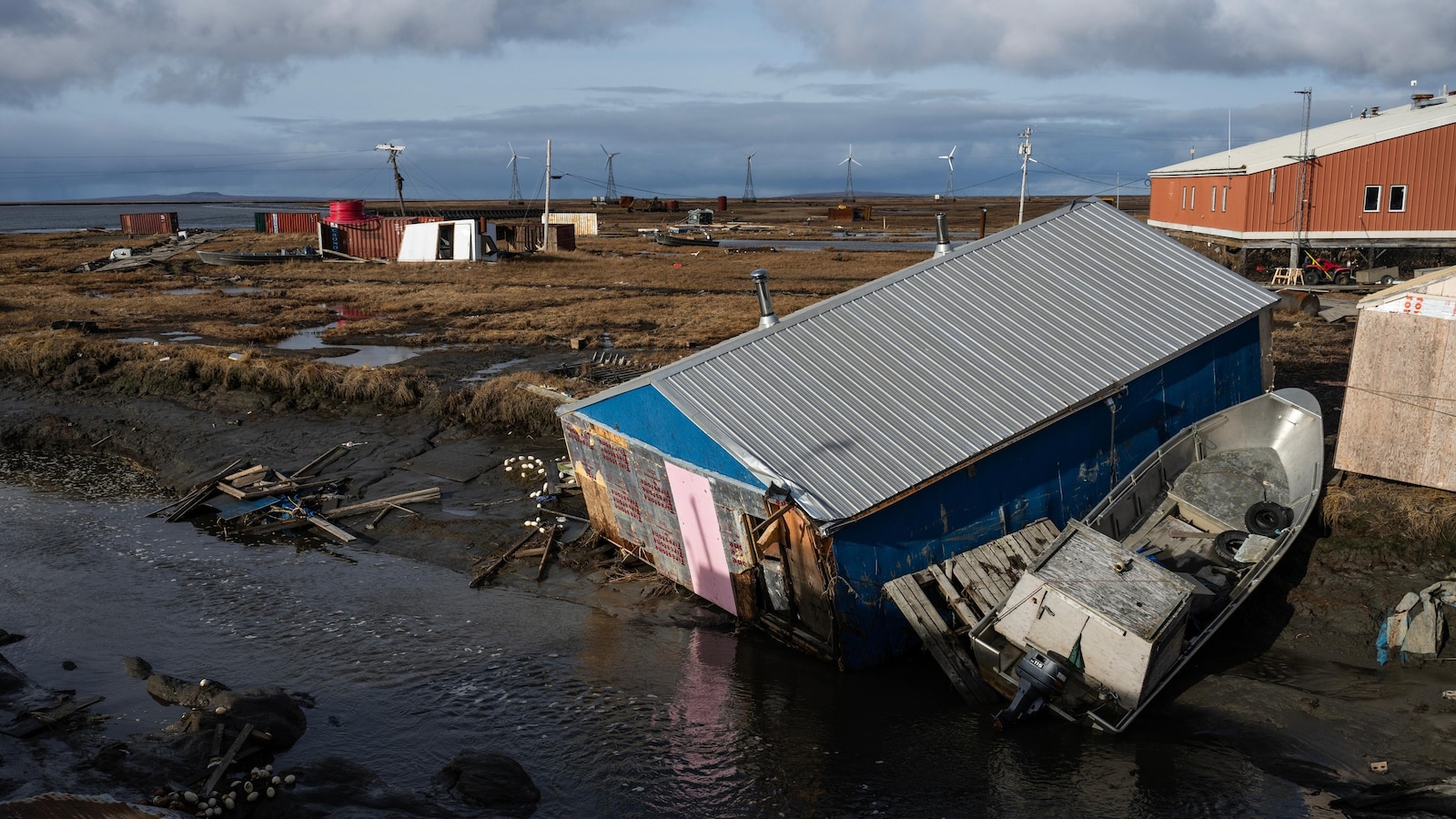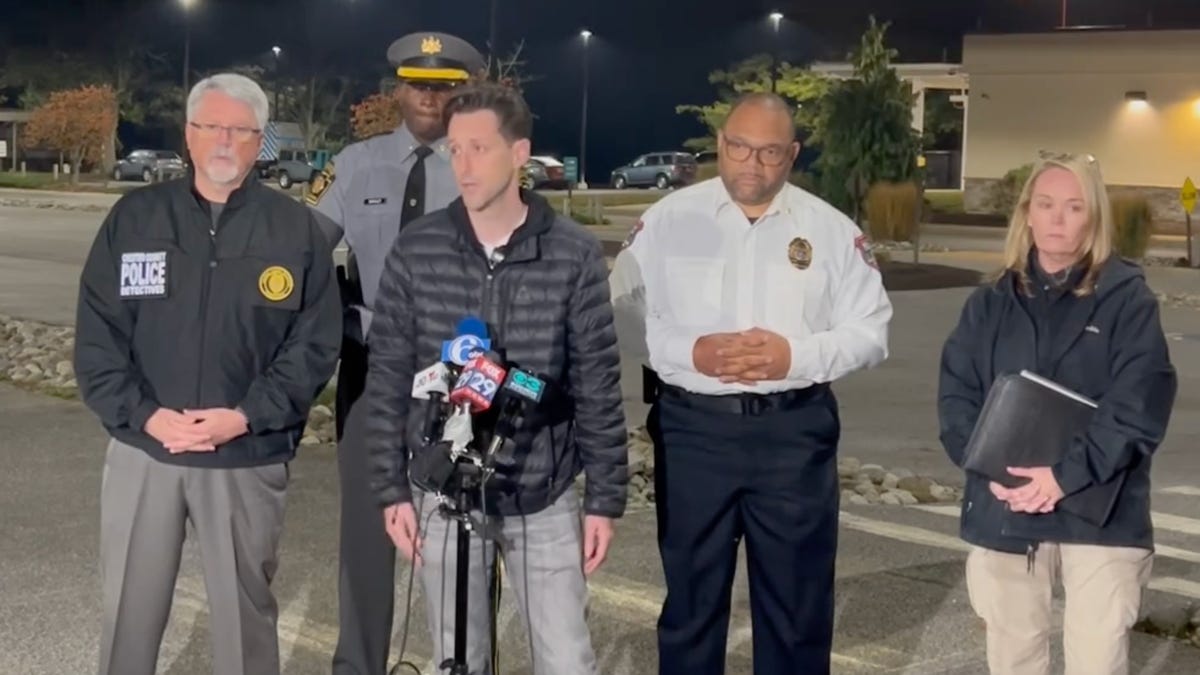For busy parents, it can feel hard to stay up to date on new information regarding our kids, even the most important developments that might impact them. For instance, this week Meta, which owns popular social media platforms Facebook and Instagram, said that the company will be rolling out default end-to-end encryption for its messaging services Facebook and Messenger. End-to-end encryption ensures that messages, photos, videos, and calls sent through the apps can’t be read by third parties, including Meta itself.
While that might sound like a win for privacy, encryption also raises questions about online safety and limits law enforcement’s ability to protect people online. For one, child safety experts say the change will significantly harm the detection and elimination of child sexual abuse material on the platforms. The National Center for Missing & Exploited Children, which received more than 20 million reported incidences of individuals sharing such imagery on Meta’s platforms last year, called the move, “a devastating blow to child protection.” The company’s new encryption policy could also reduce the number of incidences that people choose to report, and likewise render children and youth more susceptible to online bullying, abuse, grooming or exploitation.
While online platforms are becoming more and more important as spaces for communication and building community, social media sites can also be potentially dangerous. Luckily, as a parent, there are tried and true techniques we can use to educate our children or teens about safety practices and reduce high risk behaviors online.
The first and most important thing we can do as parents to protect our children is to start the conversation and create a safe space for them to come to us with questions. Talking to children early and often with age-appropriate information about online safety is critical; when you ask open-ended questions and show an interest in what your child or teen finds cool online, you open a door that they may need if an incident does occur down the line.
Second, with this new development, it’s important to directly talk about what content is shared online. In the United States, one in five teenagers responded that it’s OK to share a nude photo over an app if it doesn’t save it, yet 58% of caregivers say they wouldn’t know how to respond if their child’s nude photo was leaked. Talk with your child about the messages they’re sending and receiving online and remind them that it’s never a good idea to send or solicit explicit images. At the same time, reassure your child that if they do ever receive an explicit photo, they can always come to you for support and that it’s never OK to reshare those images.
Regardless of the platforms your child uses – Snapchat, Instagram, Discord, Roblox or any number of the other options available – it’s important that your child can identify a safe person online. Guide them through how to discern a safe person and discuss whether it’s important to your family that they only message friends they know from in-person activities. Ensure your child knows that they can come to you if they ever do have an issue.
Even with Meta’s recent changes, you don’t need to be a computer whiz to keep your child safe online. Taking on tech may seem tough, but talking it out is the best way to foster a healthy attitude toward online safety and set your child up for success into their teenage years and beyond. If you’re struggling to start this conversation with your family, the Alaska Children’s Trust has resources to help. Visit www.alaskachildrenstrust.org/online-safety to learn more.
Kaila Pfister is a parent to a phone-obsessed high-schooler and Director of Communications at Alaska Children’s Trust. She regularly struggles with the dichotomy of the benefits of social media and the drawbacks for her teenager (and herself).
George Kosinski is an Alaska Fellow at the Alaska Children’s Trust. After growing up on the East Coast and attending college in Iowa, he’s now thrilled to live in Alaska and committed to supporting children, families, and communities across the state.
The views expressed here are the writer’s and are not necessarily endorsed by the Anchorage Daily News, which welcomes a broad range of viewpoints. To submit a piece for consideration, email commentary(at)adn.com. Send submissions shorter than 200 words to letters@adn.com or click here to submit via any web browser. Read our full guidelines for letters and commentaries here.

:quality(70)/cloudfront-us-east-1.images.arcpublishing.com/adn/CCNEXL4RJ5BWXOZMJLKRGNH4YA.jpg)




























